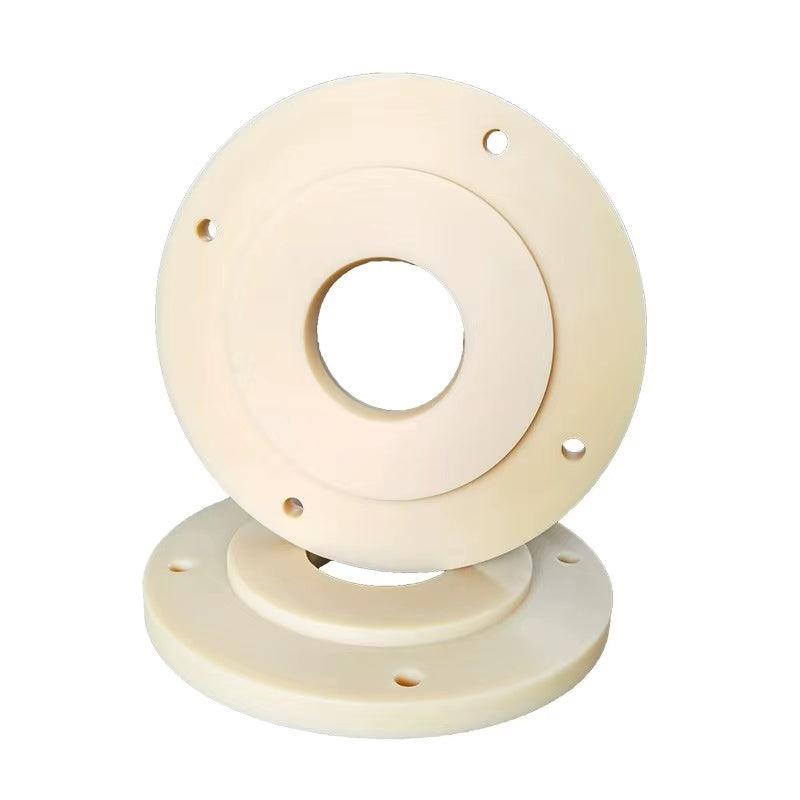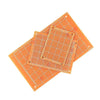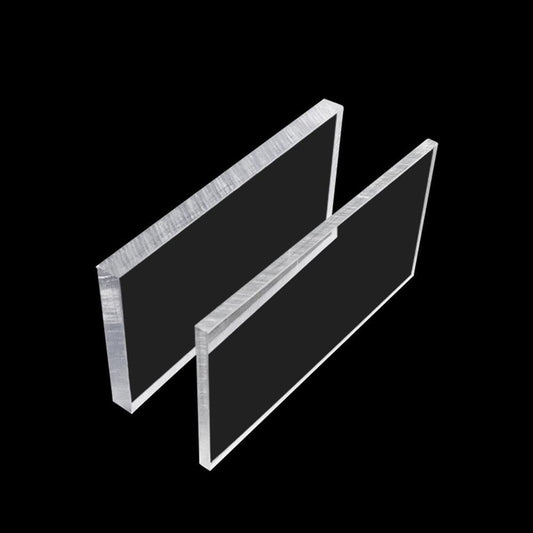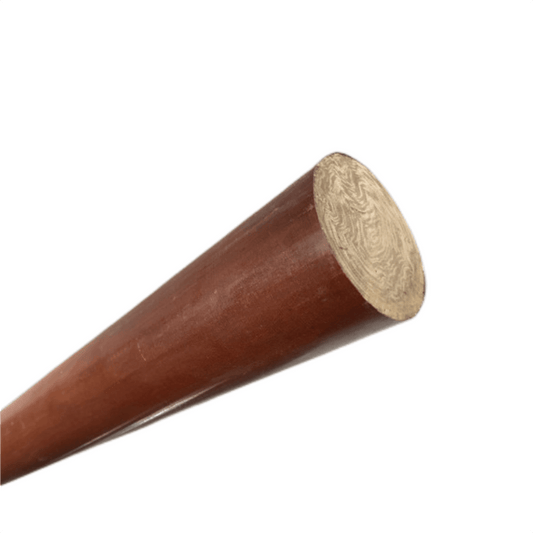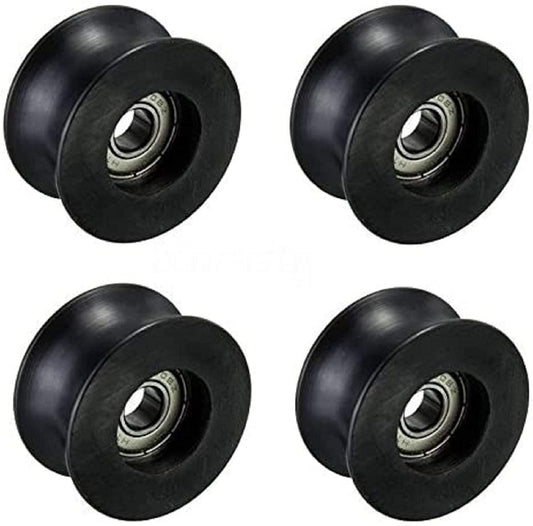
The Different Types of Nylon Plastic Gaskets
-
Pure nylon gaskets: These are gaskets made from 100% nylon resin, which is a type of thermoplastic polymer. They have high strength, durability, and resistance to abrasion, wear, tear, impact, and cracking. They also have low permeability and porosity, which means they do not allow fluids or gases to pass through them easily.

-
Nylon composite gaskets: These are gaskets made from nylon resin mixed with other materials, such as glass fibers, carbon fibers, or minerals. They have enhanced properties and performance, such as higher stiffness, rigidity, thermal stability, or electrical conductivity. They can also be customized to meet specific requirements, such as color, hardness, or thickness.
-
Nylon foam gaskets: These are gaskets made from nylon resin that has been foamed or expanded using a chemical or physical process. They have lower density, weight, and cost than solid nylon gaskets. They also have better cushioning, shock absorption, and sound insulation properties. They can be used for applications that require sealing irregular or uneven surfaces.

The Different Shapes of Nylon Plastic Gaskets
-
Flat gaskets: These are gaskets that have a flat or rectangular shape. They are the simplest and most common type of gaskets. They can be used for sealing flat or parallel surfaces. They can be easily cut, drilled, punched, or welded to fit different needs.
-
Ring gaskets: These are gaskets that have a circular or oval shape. They are used for sealing round or cylindrical surfaces. They can be made from extruded or molded nylon material. They can also be customized to have different inner and outer diameters.
-
Flange gaskets: These are gaskets that have a flange or a rim around their edge. They are used for sealing flanged joints or connections. They can be made from flat or ring nylon gaskets. They can also be designed to have different bolt holes or patterns.
-
Custom gaskets: These are gaskets that have a custom or unique shape. They are used for sealing complex or irregular surfaces. They can be made using FIPFG (formed in place foam gasket) or FIPG (formed in place gasket) technology, which involves applying a liquid or foam material directly onto the surface or part where the gasket is needed. The material then cures and forms a tight seal.

How to Choose the Best Nylon Plastic Gasket for Your Needs
-
The application and environment: You need to think about the purpose and function of the gasket, such as sealing, cushioning, insulating, or protecting. You also need to think about the environment and conditions where the gasket will be used, such as temperature, pressure, moisture, chemicals, oils, hydrocarbons, greases, fats, ozone, dust, dirt, corrosion, vibration, noise, etc.
-
The type and material: Based on the application and environment, you need to choose the type and material of the nylon plastic gasket that best suits your needs. For example:
-
If you need a strong and durable gasket that can withstand high pressure and temperature without deforming or breaking, choose a pure nylon gasket.
-
If you need a stiff and rigid gasket that can handle high thermal stability or electrical conductivity, choose a nylon composite gasket.
-
If you need a lightweight and low-cost gasket that can provide better cushioning, shock absorption, and sound insulation properties, choose a nylon foam gasket.
-
-
The shape and size: Based on the application and environment, you need to choose the shape and size of the nylon plastic gasket that best fits your needs. For example:
-
If you need a simple and common gasket that can seal flat or parallel surfaces easily, choose a flat gasket.
-
If you need a circular or oval gasket that can seal round or cylindrical surfaces effectively, choose a ring gasket.
-
If you need a flanged gasket that can seal flanged joints or connections securely, choose a flange gasket.
-
If you need a custom or unique gasket that can seal complex or irregular surfaces accurately, choose a custom gasket.
-



